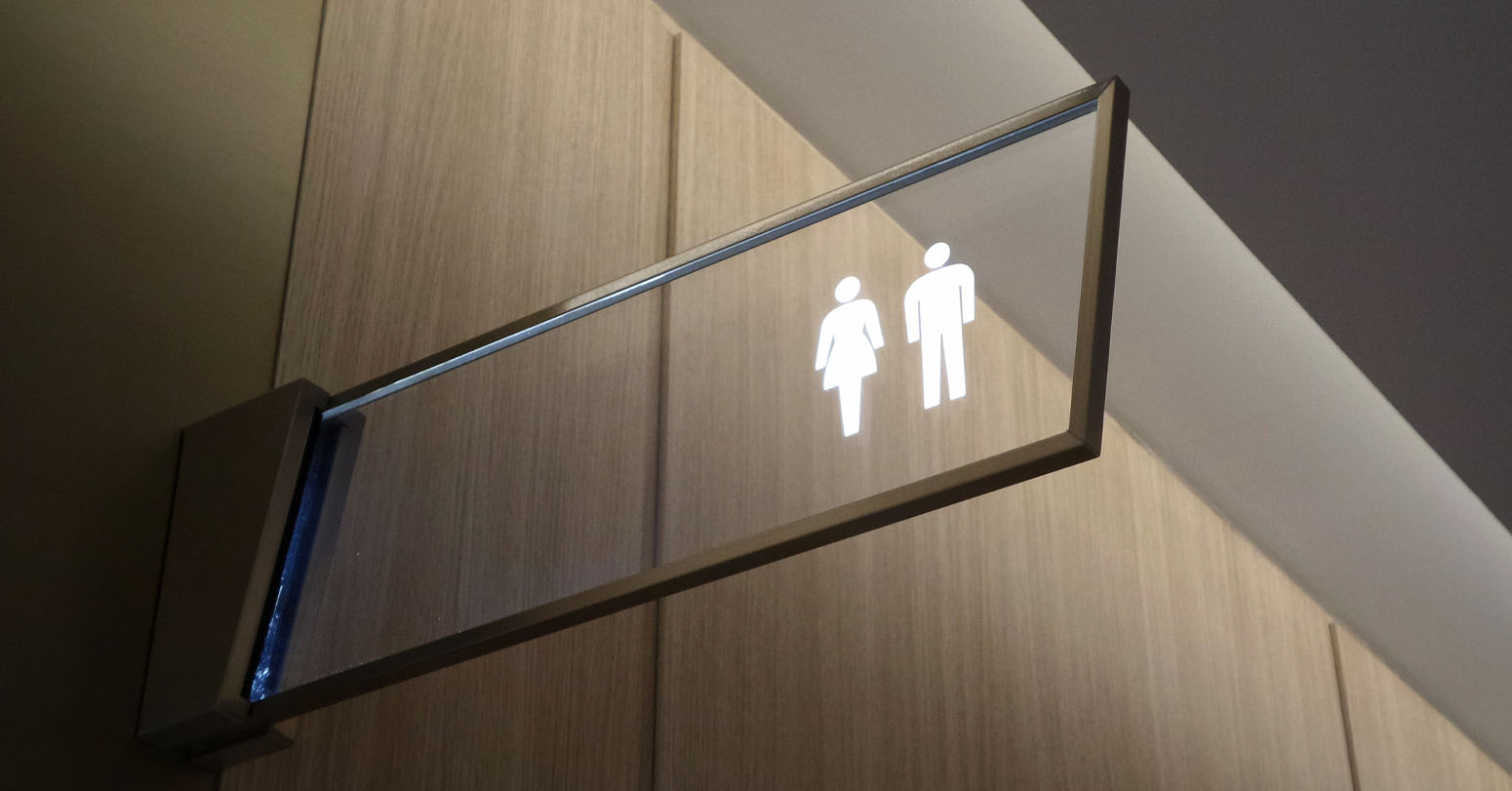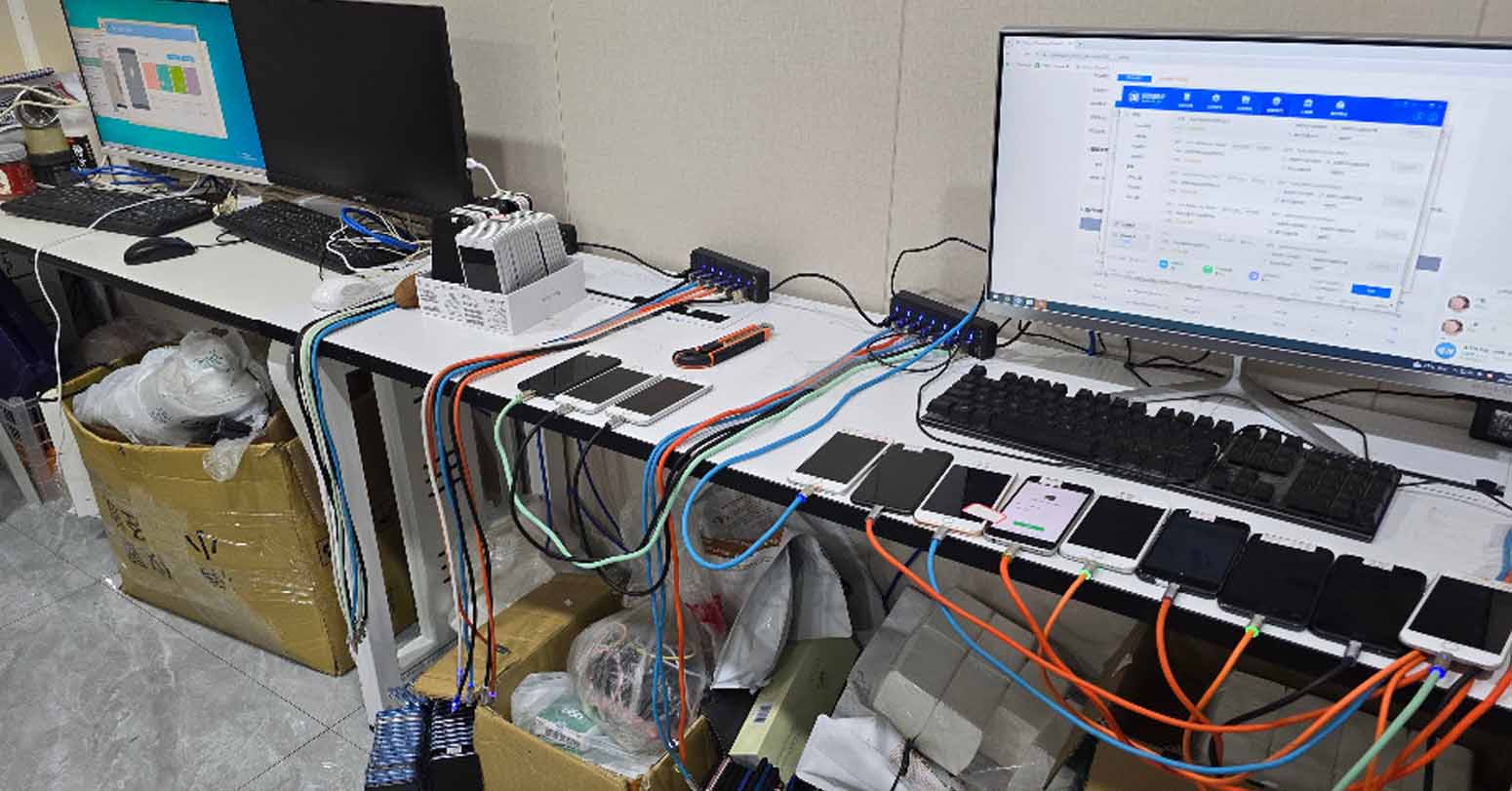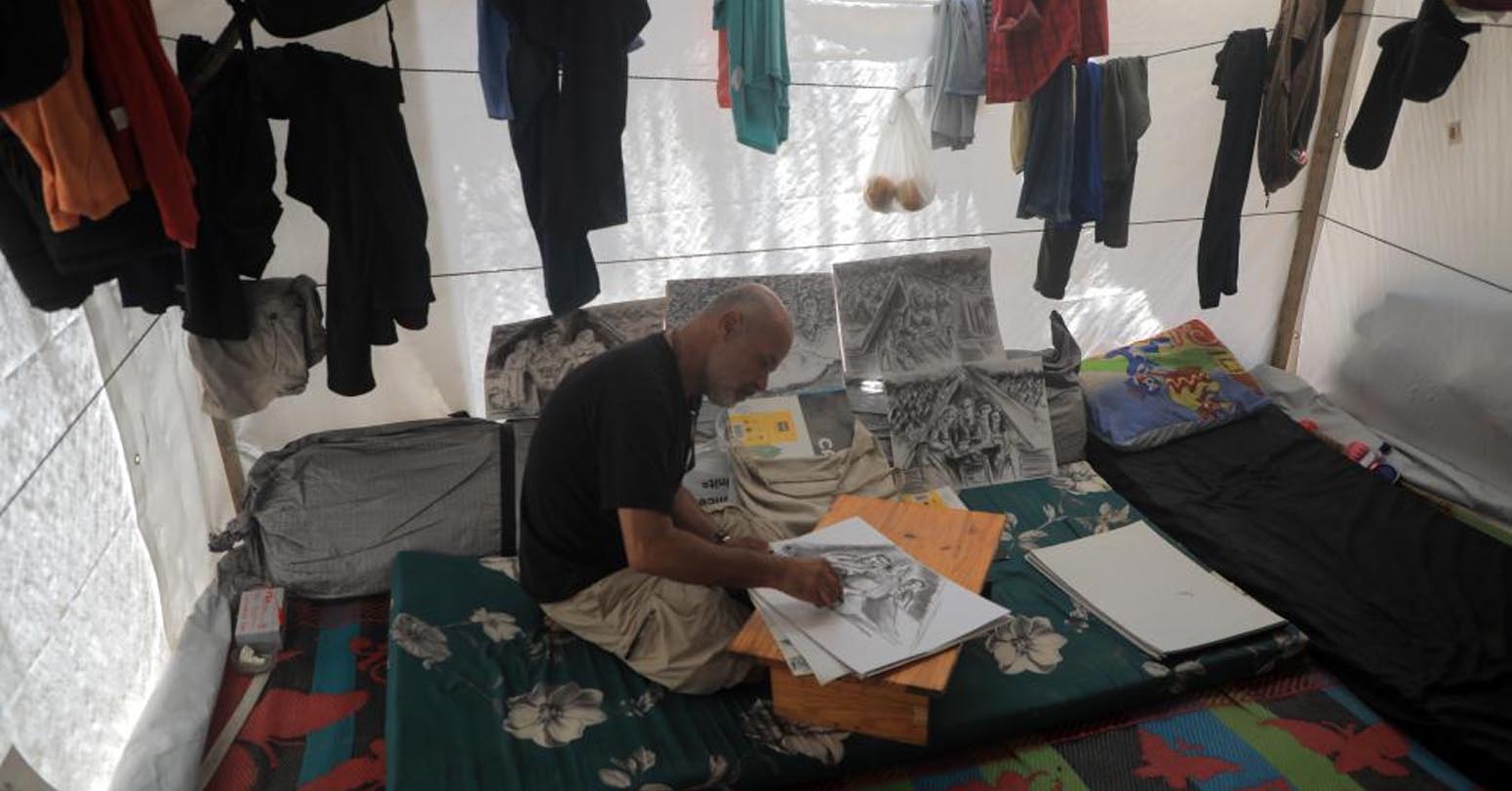In a landmark verdict, Japan's Supreme Court on Tuesday ruled in favour of a transgender bureaucrat who sued the government over access to female toilets at work.
The court found that a decision barring the woman from using nearby toilets and forcing her to use others two floors from her office was "extremely lacking in validity".
The move "overly accommodated other employees and unjustly disregarded how the prosecutor might be disadvantaged", the court added.
The ruling is the Japanese top court's first on working conditions for LGBTQ individuals, and experts said it could change the way the public and private sectors navigate sensitive questions on women-only spaces.
The case was filed by a transgender woman in her fifties, who was told by her employer, the ministry of economy and trade, that she could only use a female toilet two floors from her office.
She argued that being barred from the female toilets nearest to her "deeply hurt" her dignity and violated a law that protects state employees against loss or damage in the workplace.
Speaking to reporters after the court's decision, the woman, who cannot be named for privacy reasons, said the state "cannot ignore the severity of this ruling".
While she felt "positively" about the ruling on access to female toilets, she was disappointed the court had not accepted her appeal for compensation.
The National Personnel Authority, which recruits and manages public servants, and was the respondent in the case, said it will "scrutinise the content of the ruling and take appropriate measures".
- Government studying verdict -
The woman had been diagnosed with gender dysphoria around 1999, while already a government employee, and in 2009 told her supervisor she wished to dress and work as a woman.
The ministry approved some of her requests but insisted she could only use the women's toilets a few floors from her desk.
Officials said the decision was justified because of a lack of "public understanding" toward transgender people using the facilities of their declared gender.
But in a hearing last month, the prosecuters team argued that no female employees at the ministry had explicitly voiced any discomfort about sharing restrooms.
Japanese law currently effectively requires transgender people to be surgically sterilised if they want legal recognition of their gender identity.
Those who wish to change their official documents must appeal to a family court and meet criteria including having no reproductive capacity -- generally requiring sterilisation.
The prosecutor in the case has not changed her legal gender, but otherwise lives as a woman.
In 2019, the Tokyo District Court upheld her complaint, saying the ministry's treatment "restricted important legal rights" because of her gender identity.
But a higher court overturned the ruling in 2021 and backed the state, acknowledging its responsibility to consider the "embarrassment and anxiety" felt by others at the woman's use of the female toilets.
Responding to the decision on Tuesday, the prime minister's office said the government would "take appropriate measures" after studying the verdict.
"The government will work squarely towards the realisation of a society where diversity is respected," said top government spokesman Hirokazu Matsuno, without mentioning specific actions.
Japan earlier this year passed its first legislation ostensibly intended to protect the LGBTQ community from discrimination.
However, campaigners slammed the watered-down language in the bill, which only opposes "unjust discrimination".
-AFP


















Comprehensive Data Protection Law Critically
Gender Differences In Mental Healthcare
Messi Wins Best FIFA Men’s
Erosion of Democracy
Fly Dubai Catches Fire in
“Complexities of the South Asian